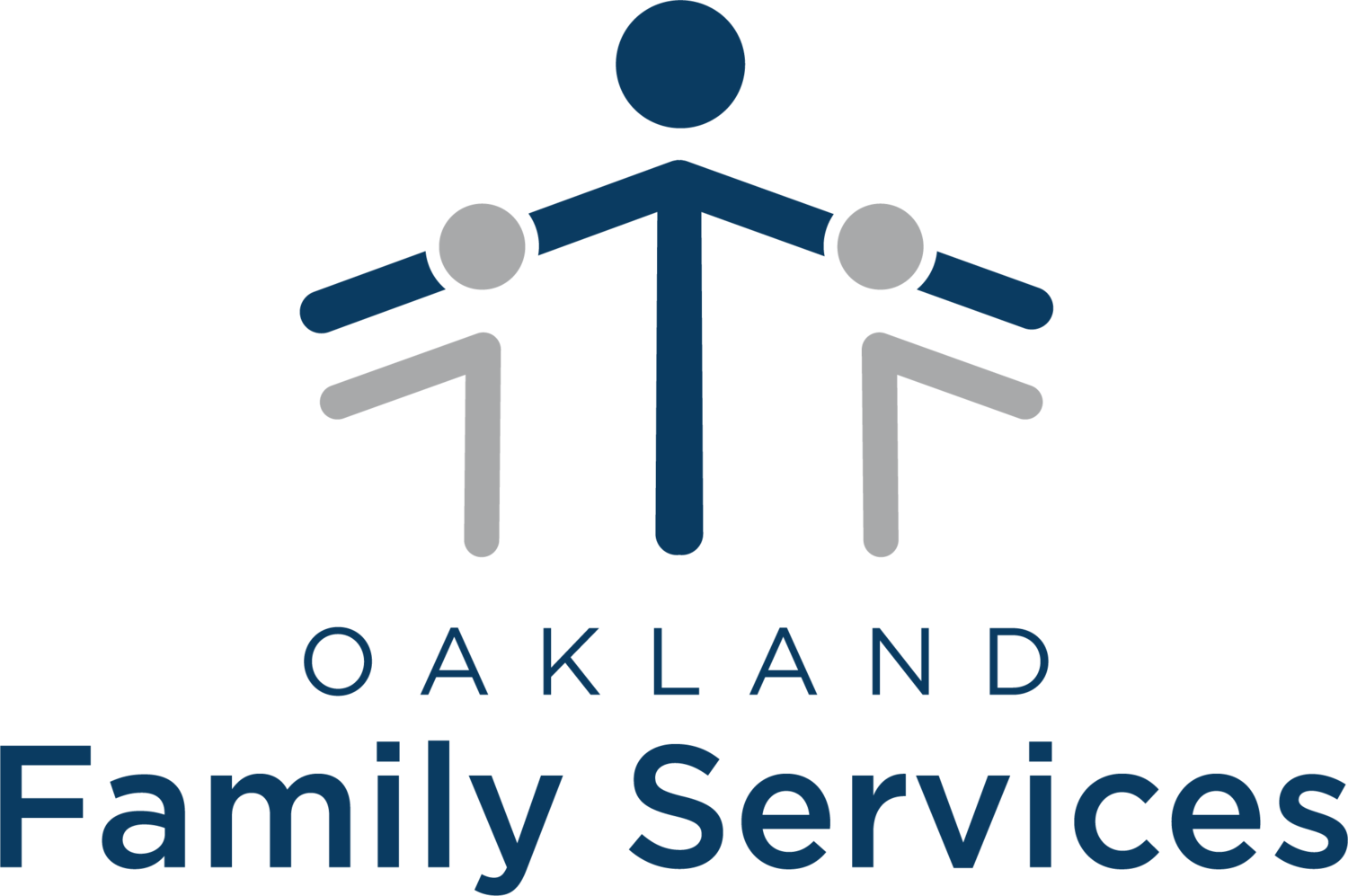Reaching out during troubled times: Learn how to encourage someone to seek therapy
Watching someone you know struggle with mental health issues is tough and often times can make you feel helpless. You know therapy could be helpful, but don’t know how to approach the topic without possibly angering or offending the person.
Here are some suggestions on how you can encourage your loved one or friend to see a therapist.
Knowing when it’s the right time
When you start to notice changes that are interfering with work, relationships or school, it’s time to talk. Warning signs may include extreme mood changes, excessive worrying or sadness, changes in sleep or eating habits, missing work or school, and substance abuse.
Knowing when to start the conversation is important. Avoid bringing up the conversation in front of other people, or talking about it when the person is upset.
“The person is not in the mindset to listen when they are upset,” said Jennifer Hurst, behavioral health clinician at Day One, a program of Oakland Family Services. “Maybe talk about it when they are calmer and not as upset. If your conversation is starting to escalate, keep in mind it may not be a good time to discuss it. They are already on guard and on edge.”
Approaching the topic
Start the conversation by letting him or her know you care. Talk about changes you have noticed in the person’s behavior or actions, such as “I notice you are sad a lot, and crying a lot. What’s going on?”
“Provide opened ended questions, it gives the person a chance to explain what is going on in their life and in their own words,” Hurst said.
Dealing with fear or resistance
The thought of seeing a therapist for the first time could spark fear or resistance. Because of the stigma surrounding mental health issues, many fear being labeled “crazy” or “bipolar” and are hesitant to see a therapist. You can try to calm these fears by explaining the benefits of therapy. Stress that you will support him or her through the therapy process.
“Therapy allows them a chance to talk to someone about what’s bothering them,” Hurst said. “They get to talk with someone who is a complete outsider and knows nothing about their situation. As therapists, our role is to be nonjudgmental. For a lot of people, that is why they are hesitant to see a therapist. They worry they will be judged. That’s not our role. We are here to listen.”
Finding a therapist
Once the decision is made to seek therapy, how do you find a therapist? Here are three ways: A referral from a primary care doctor, recommendation from family or friends, or referral from an insurance company.
If you or someone you know may be struggling with mental health issues, Day One is here every day, every step of the way. Call (248) 858-7766.

